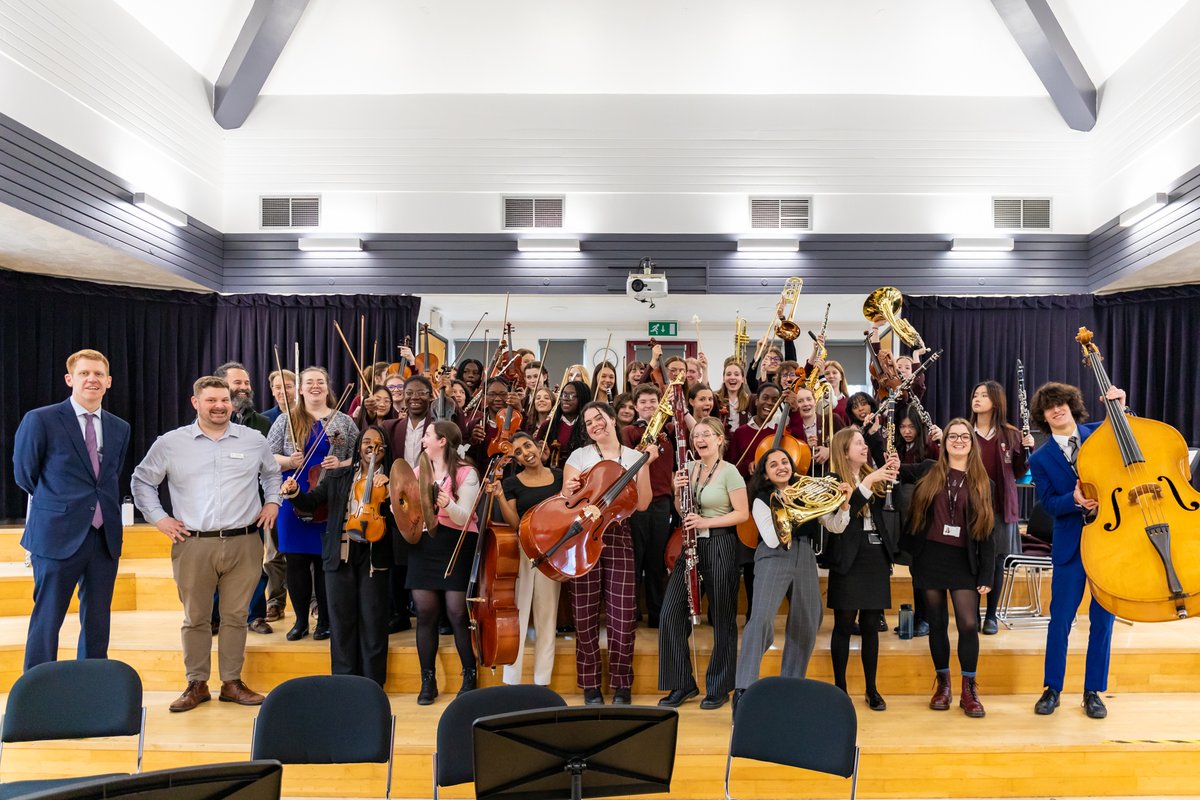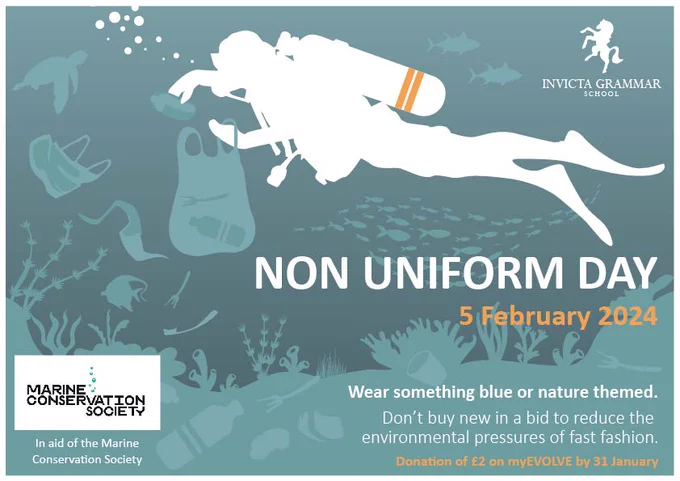Latest News
Women in Leadership
Name: Michelle Webb
Role: Renal Consultant
Company: East Kent Hospitals University Foundation Trust
A bit about you: At school I was very undecided as to my career path, was it going to be law or medicine? I opted for the latter and have never looked back. I spent 6 years completing undergraduate training and then did my postgraduate training in London, taking a break to complete an MD in Paris which was a fantastic experience. It allowed me to learn another language and experience another culture. There is so much choice in medicine as to final career and once you have a few years under your belt you have to make a decision, I chose to specialise in renal medicine. I now care for people with kidney failure. Sometimes we can restore kidney function but often people need long term support with dialysis or a kidney transplant, my subspecialty is as a transplant physician. It is incredibly rewarding, these are my patients for life and I have the privilege of sharing their highs and lows. Over the years I’ve also taken on a variety of leadership roles both in my organisation and at a regional level. Alt their core, all of them have been about embedding learning and improving patient safety.
What is it like working in your company? Tough! The NHS is chronically underfunded and understaffed, you’re often required to work long hours and it can be emotionally draining but the flip side is great camaraderie and team working and the buzz you get from knowing you’ve made a difference.
Why did you decide to go into your chosen field? At medical school we were allocated tutors who met with us fortnightly. My tutor was Dr Frank Marsh – he was a renal consultant and a dedicated, fantastic, teacher and instilled in me a love of renal medicine.
What qualifications and work experience did you need to reach your current position? You need a degree, then further postgraduate qualifications in your chosen specialty and a lifelong love of learning.
What do you enjoy the most about your job? The human contact and the variety - not just of medical problems but also of supporting activities: teaching, supporting and mentoring students and junior doctors, opportunities for research, service development and taking on senior management roles. You could never get bored!
What obstacles have you overcome in your career? Juggling children and my career, but I’ve managed it.
Why do you think it is important to have a strong female representation in your industry? Happily, women have a strong presence in medicine. It is really important that patients have a choice of who they can see and whilst it is a generalisation, women are often strong team players (teams are essential to delivering good care), collaborative, empathic and nurturing.
What advice would you give those wanting to take a similar career path? Try and get some work experience at your local GP surgery or hospital and consider volunteering. Nursing homes are often on the lookout for people to talk to their residents. It has become more difficult since Covid but as the world opens up those opportunities will return.




























